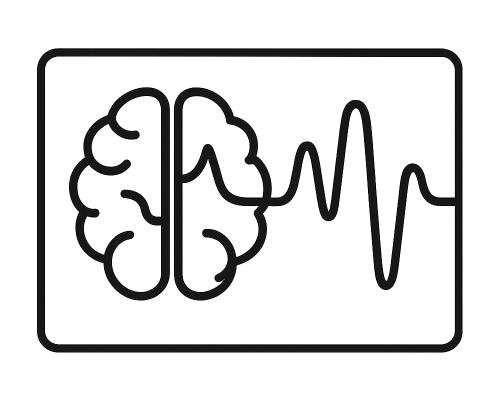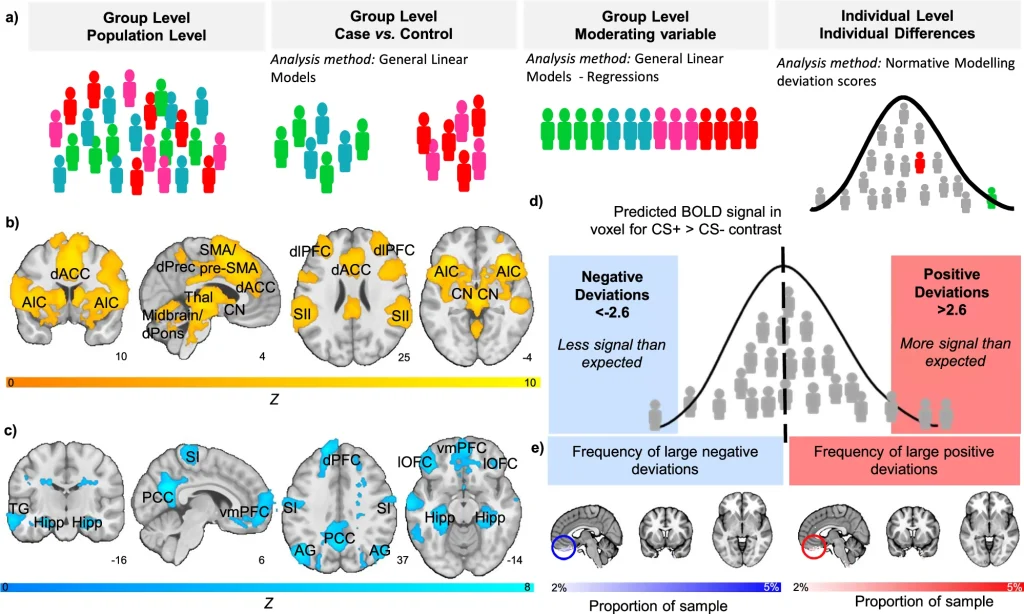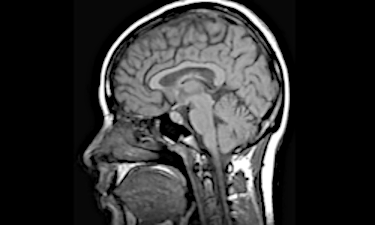Neural correlates of mood- and anxiety-related disorders

We employ multiple neuroimaging techniques—including structural MRI, diffusion tensor imaging (DTI), functional connectivity, and functional MRI—to investigate how the brain is altered in mental disorders. These complementary approaches allow us to explore both brain structure and function, providing a more complete picture of the neural systems that may be disrupted. By integrating different types of data, we can detect subtle changes in connectivity and circuitry that might otherwise remain hidden.
Our work focuses primarily on mood- and anxiety-related conditions, with the goal of identifying the neural circuits and mechanisms underlying symptoms such as depression, fear, and compulsivity. Understanding the biological basis of these disorders not only deepens our knowledge of mental health but also lays the foundation for new diagnostic tools and therapeutic strategies. Ultimately, this research aims to move closer to precision psychiatry, where treatments are tailored to the individual’s unique brain profile.





